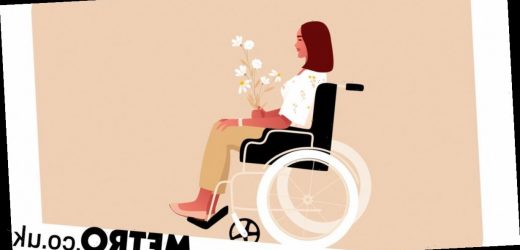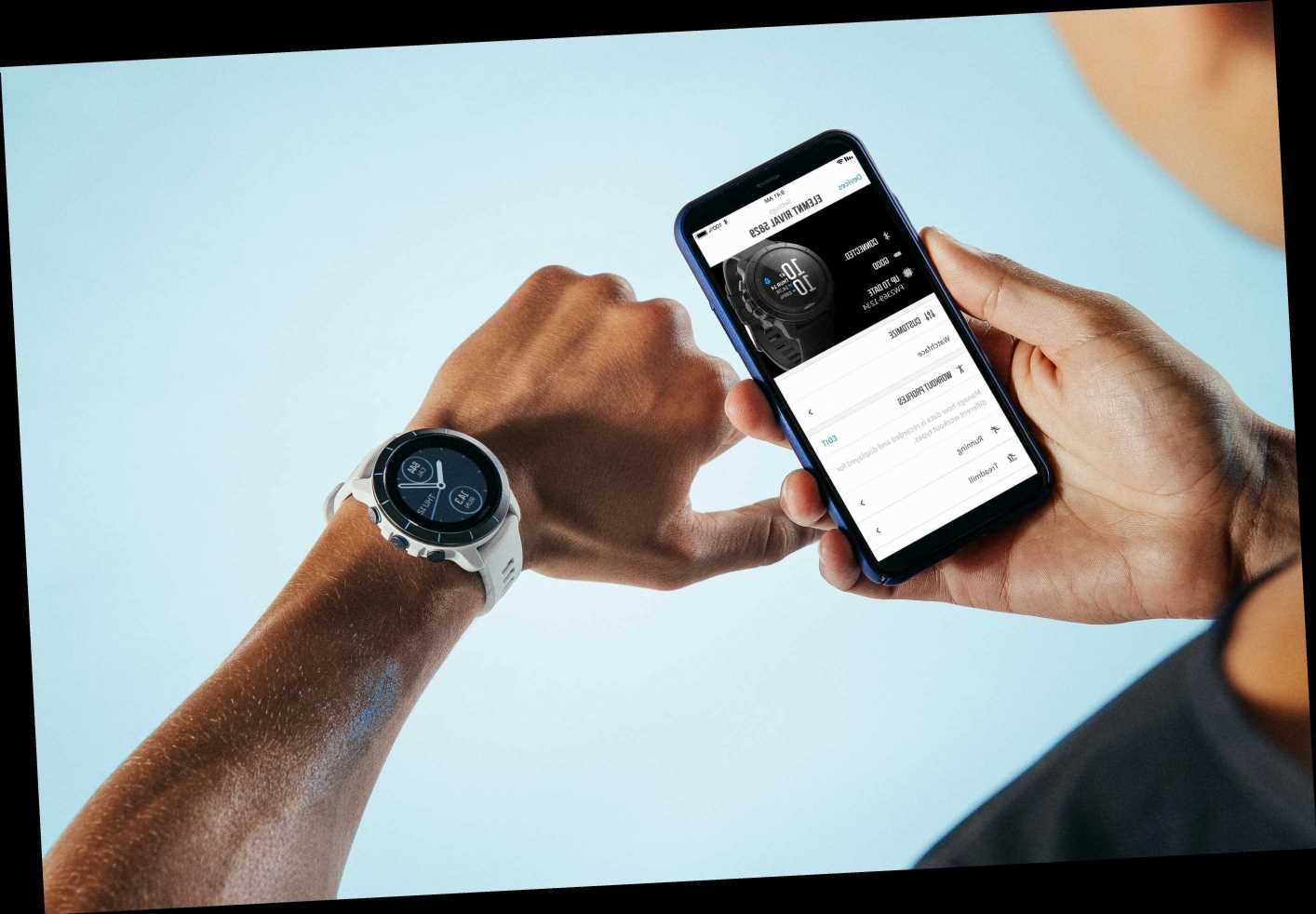I remember apologising for having to be pushed around my school in my wheelchair as young as eight years old.
I was unable to move my manual chair myself so different students would help me around the playground, open doors and move chairs around so I could sit at the table. Though I would always thank them, my thanks would always be swiftly followed by the word ‘sorry’.
I felt embarrassed that I needed so much help. I didn’t want other children to have sympathy for me and I felt like a burden on my peers, believing that they were only friends with me because they felt guilty.
While other kids were able to do things for themselves – like cut up their dinner and play outside without supervision – and at such a young age, I wasn’t able to fully comprehend why I wasn’t able to be as independent. As such, apologising for the activities I needed support with came naturally to me.
I felt like an annoyance to friends and teachers and subconsciously, saying sorry reinforced the idea in my mind that I was useless and was asking for too much help.
It’s not something I’ve been able to shake. Over the years I’ve constantly found myself apologising for circumstances due to my disability, whether it’s having to cancel a night out because my wheelchair is broken or having to ask a store assistant to get a product out of my reach on the shelf.
I’ve even apologised to carers for needing help with shirt buttons or putting shoes on. They’ve always told me not to, saying ‘that’s what we are here for’, but I would forget this and feel like there were more important people – perhaps the elderly -that need help.
When I was in my late teens, I remember having conversations with friends about the lack of support for young disabled people and how we can be made to feel like an afterthought.
I realised just how much I felt like a weight on society and began to analyse what situations led me to constantly saying sorry because of my disability and the challenges it creates.
I recognised when I was about 17 that not only did I have nothing to be sorry for but also that other disabled people must engage with these feelings, too.
I’m 19 now and making this change in mindset allowed me to live my life without the boundaries I’d placed on myself because of society’s perception of disability. I became more confident in asking for help so in return I was able to try new things, like days out on my own.
I realise now that I have nothing to be ashamed of – my disability is a small part of who I am and I should never feel guilty about it
From that point onward, I decided to stop apologising for having cerebral palsy and instead started celebrating it by actively campaigning for more support for disabled people over social media and encouraging others to be proud of who they are – no shame involved.
Some would argue saying ‘sorry’ too much is just the British way, but constantly apologising for something you’ll never have control over is mentally and physically draining.
Too often, those of us who identify as disabled people feel in the wrong for needing extra assistance in a society that isn’t built to support us in the first place. We are often scared of speaking up about injustice and a lack of help due to fear of being seen as a burden or someone who is constantly negative.
We are humiliated into believing that we should be grateful for every scrap of accessibility, human rights and support we are given.
I’ve learnt now that after getting help for basic needs, we should simply say thank you and move on as there is nothing to say sorry for. Instead of feeling at fault because of the inevitable challenges faced as a disabled person, we need to understand that we don’t owe apologies to a society that hasn’t adapted to our everyday needs.
Throughout my teenage years, I said sorry a hundred different for things beyond my control due to being a wheelchair user. I’ve apologised to friends for being in too much pain to go to dinner; to teachers for having to help me in an exam; to nurses for having to help me wash in hospital and even to strangers for getting in the way in a supermarket aisle because my wheelchair is bulky.
If I’m being completely honest, sometimes I still say the s-word for things I can’t change out of habit. But I realise now that I have nothing to be ashamed of – my disability is a small part of who I am and I should never feel guilty about it. I’ve done nothing wrong.
If you’re a young disabled person reading this, I want you to know that at no point should you ever feel the need to apologise for the thing that makes you part of who you are. You deserve to be celebrated.
We know that society isn’t built for us but that’s even more reason to stop apologising. Stop wasting your words on things you can’t control and use your voice as a force for change.
Give hope and help to those that need it and one day you’ll come to the realisation that you can have as much impact on this world as the kid sat next to you in school who can play football, even though you might not be able to.
There’s an endless amount of other possibilities when you stop apologising for simply going through the world as yourself.
MORE: Don’t think disabled people have it easy because we get ‘perks’
MORE: I know you mean well when you tell me I’m not like other disabled people, but please stop
MORE: As a wheelchair user, I never thought I’d be cycling alongside other commuters
Source: Read Full Article



